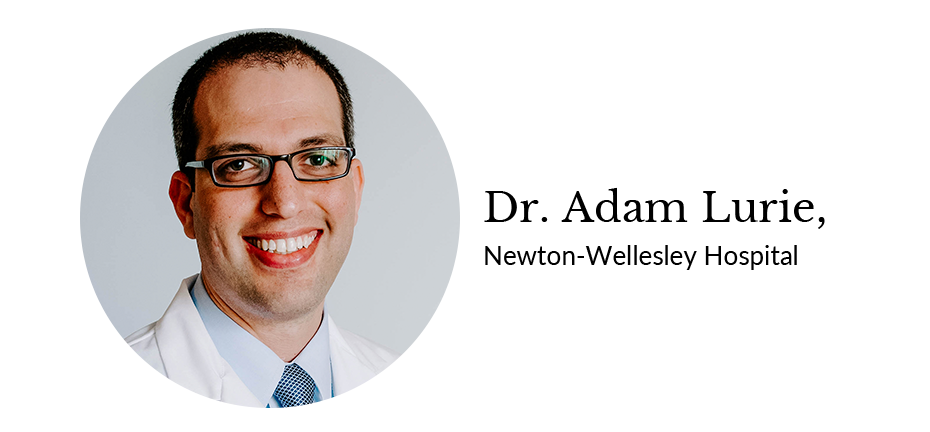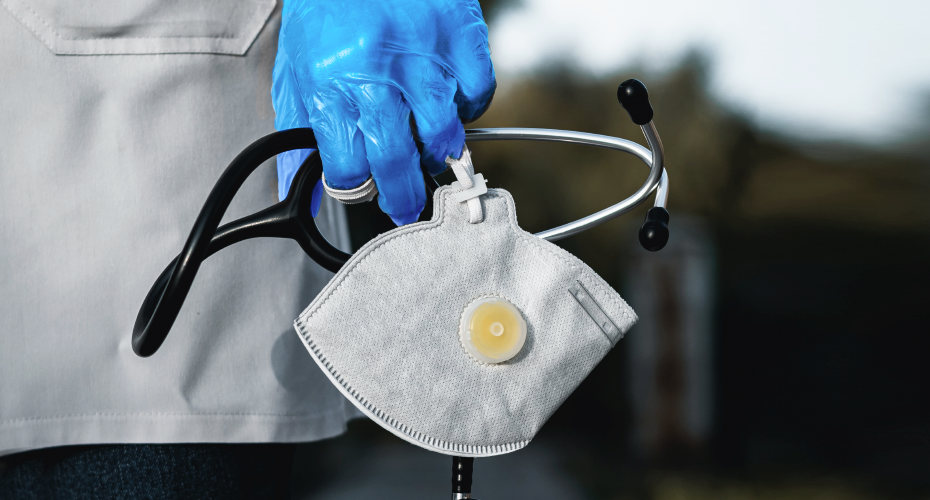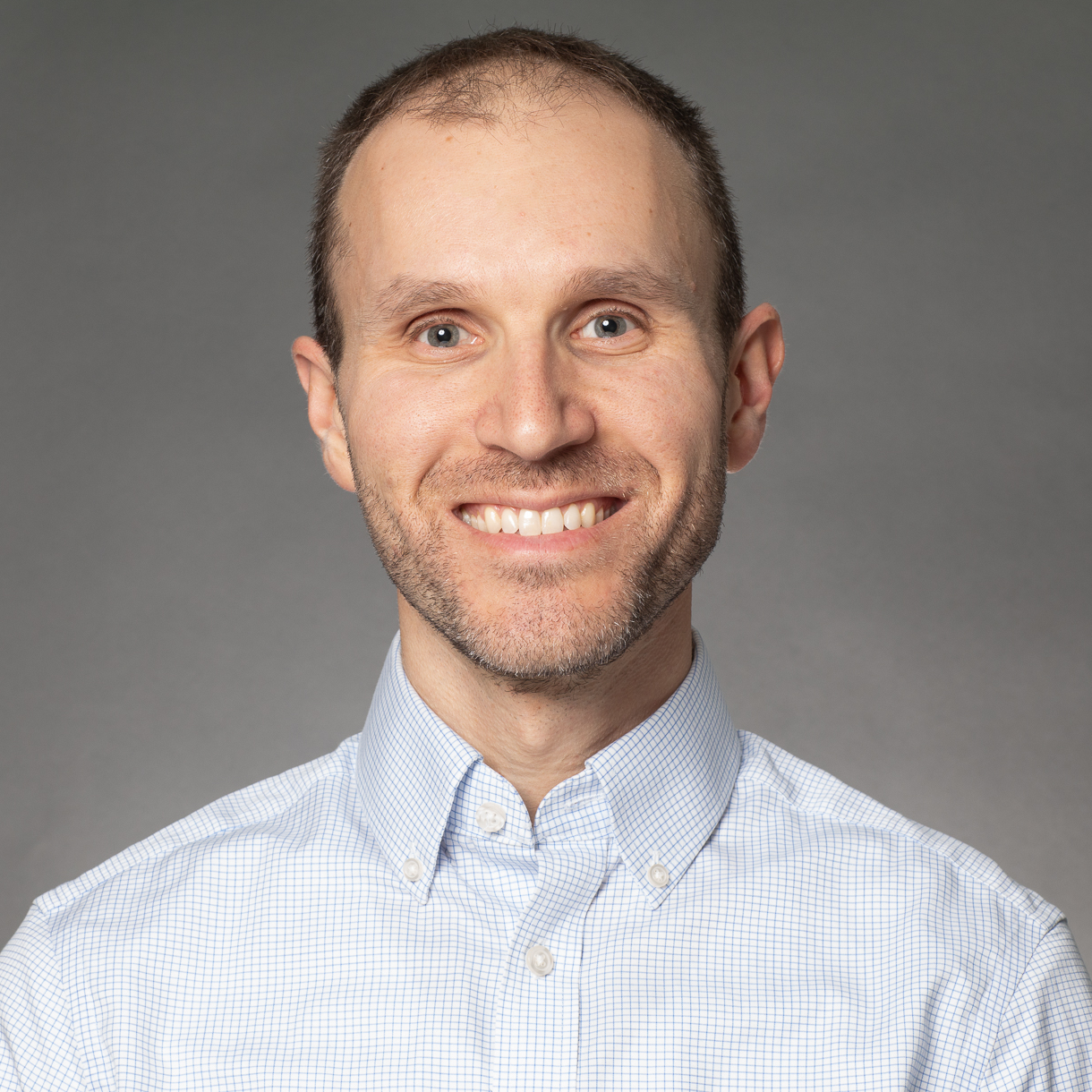Apr 9, 2020
Heroes on the front line: Dr. Adam Lurie
Around the world, health care providers are on the front line of the battle against the coronavirus.
Many are struggling not only to treat a disease with no vaccine and no known treatment, one to which no human has natural immunity. They are also facing an unprecedented global shortage of the masks, gowns and gloves known as personal protective equipment, due to international manufacturing shortfalls in the face of the pandemic.
That equipment is essential to preventing health care workers from getting infected themselves and from passing the virus to patients and to their own family members.
Doctors and nurses and physician assistants and other health care workers sign up to work long hours, nights and weeks, away from their families. But never in our lifetime have they been asked to put their own health and their loved ones’ health at such risk.
I have been interviewing healthcare providers in Massachusetts hospitals so they can describe, in their own words just how much their jobs have changed over the past few weeks.
Dr. Adam Lurie is a hospitalist and my colleague at Newton-Wellesley Hospital. Hospitalists are general internal medicine doctors who provide care to patients while they are hospitalized. All across the country, thousands of hospitalists are now caring for patients with COVID-19 symptoms. As this is a new disease, they are learning each day how to do that job as this pandemic evolves. Adam shared his thoughts with me via email between shifts at the hospital.

Any particular changes in how you do your job that you would like to share?
While the essential components of my job are similar in that I am still caring for hospitalized patients, I have had to make significant changes to my workflow. My rounding routine used to be to see patients in order based on where their beds were located. Given the changing guidance on how SARS-CoV-2 is spread, I have had to alter my rounding routine to minimize risk of spreading droplets on my person. All of us on the front lines are making decisions everyday on how to best care for our patients with CoViD-19, while protecting all of the patients admitted to the hospital. We also cannot achieve this incredible responsibility at the expense of our own health, which means we must be thoughtful about using our precious PPE in the most productive way possible.
Another significant change is the need to expend so much mental energy on proper donning and doffing technique! This was just not something that I devoted much focus on previously because PPE was more expendable, so I felt comfortable throwing things out if I contaminated PPE that might come in contact with me. But now, for example, we are reusing masks and the process requires double gloving prior to re-donning a mask; getting the order right takes thought and focus, which takes away from other patient care tasks. It's exhausting by the end of the day!
Finally, the job is overall harder because we are trying to limit the number of different staff members who "lay hands" on patients (due to the need to preserve PPE). A typical hospitalized patient may have dozens of staff members going in and out of their room each day. Due to the current infection risk we are trying to be more careful to limit patient interactions to the essential clinicians (i.e. nurses, doctors, physical therapists, etc.). This has changed the way we provide care in the hospital, but it is the right thing to do. There also is an impact on trainees as we often round with three residents and two medical students, but it just doesn’t make sense right now to have six people put on PPE to go into a patient room.
Any examples of providers who have leaned in during these trying times?
There are countless examples in the hospital of different services stepping up to keep patients well and staff safe, but the nurses with whom I've worked have been amazing and typify the "leaning in" that's needed in this time of uncertainty. My ability to get things done is much slower (primarily due to patient complexity as well as PPE use) and the nurses have been so willing to take on tasks that they don't normally do (reaching out to consultants for updates, helping to move furniture around in a patient's room to give him more space to walk/move due to the short tubing for his oxymizer oxygen source, etc.). I really have felt that we are in this together.
How is this affecting you personally? What are your thoughts on balancing your duty to patients with protecting the well-being of your family?
This has been one of the hardest things about this pandemic. I still think of myself as pretty young (I'm 40), so it's hard for me to think about my own mortality, but, I'm terrified that I could get sick and then get my family sick. It has made it hard to come home at the end of the day and hug my wife and kids. On top of that, my wife is the head of a school in Newton and she moved the entire curriculum online within 72 hours, which is a herculean undertaking. This doesn't leave a lot of room for us to be parents to our three young kids.
Finally, I'm nervous about how my health will affect my colleagues. I'm nervous I will get sick and then have to be out, placing a greater burden on people at work who have to fill in for me. Every little throat clear or sniffle makes me think twice.
Anything else you want to share?
This has upended business as usual in the hospital and while new initiatives are being rolled out quickly in our hospital and hospital system, we are in the process of figuring out how best to scale up in a time of surge. We receive at least four very important emails/day from our physician group, hospital, and hospital network and it is nearly impossible to keep up with everything AND take care of patients. This crisis highlights an enormous opportunity for our healthcare system to increase agility and embrace technologies that allow us to communicate and share ideas quickly and efficiently (i.e., collaborative communication services like Slack or Microsoft Teams, telehealth platforms, etc.), so that we can quickly iterate through these problems.
This pandemic is clearly pushing the medical system to its limits. It is the smart, hard-working people with whom I work that will get our community through this crisis. This will not only require skill and compassion, but new ways to solve problems and an environment that nourishes innovation.
More in the "Heroes on the front line" series:
Dr. Peter Chai
Emergency physician,
Brigham and Women’s Hospital
Lyn Flagg
RN in the emergency,
UMass Memorial Medical Center
Dr. Jessica Isom
Psychiatrist,
Codman Square Health Center
Brittany Hill
NP-BC, MSN
Dana Farber breast oncology
Dr. Peter Smulowitz
Chair of Emergency Medicine,
Beth Israel Deaconess Hospital–Needham
Dr. Alister Martin
Massachusetts General ER,
Instructor, Harvard Medical School
Dr. Lakshman Swamy
Physician in the ICU,
Boston Medical Center
Dr. Kavita Babu
Attending physician in the Department of Emergency Medicine
UMass Memorial

